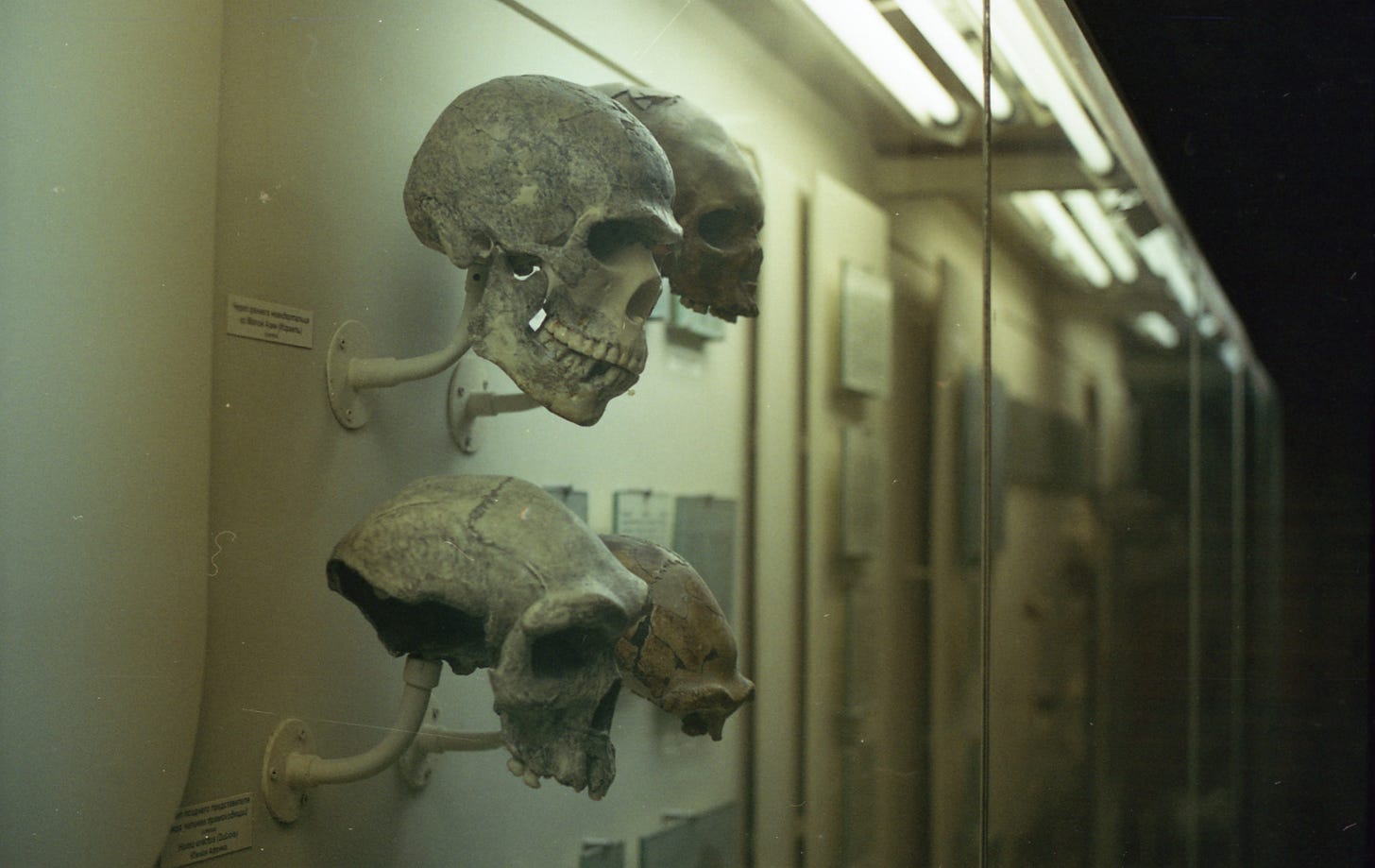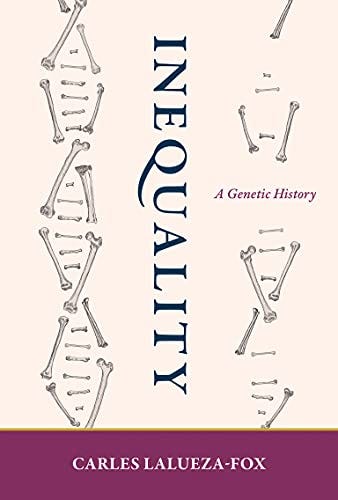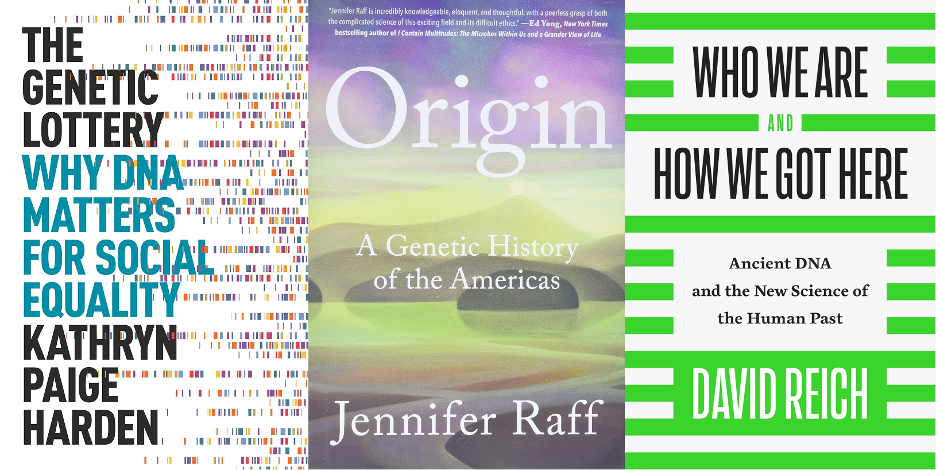Review of INEQUALITY
The genetic marks of inequality
Inequality is a popular subject today, and there seems to be endless books discussing the topic. Most books on the subject approach the topic from a social and policy perspective: how our social behaviors and policy decisions create and perpetuate inequality. Or there are the debates about what inequality is, and the morality of there being inequality due to various causes.
But in Inequality: A Genetic History, Carles Lalueza-Fox explains the genetic marks left by inequality on humans throughout history. He takes varied perspectives throughout the book, approaching the topic through a mix of lenses such as anthropology, paleogenetics, and sociology.
I came across this book on a Barnes and Nobel trip last year and the title caught my eye. I’m almost always interested in a human genetics book, especially paleogenetics, but I was surprised that this one had not previously come across my social feeds. Nonetheless it’s an interesting take on the topic of how we can use genetics to see marks of inequality across time.
Lalueza-Fox breaks the book into distinct chapters approaching his thesis first by setting the context of inequality in the present movement, as we’re living in an era of vast economic inequality. The remainder of the book shifts back in time, exploring inequality of historical human migration, past social structures, such as the Indian caste system, and family inheritance patterns especially among elite families across history.
The chapter I found most interesting, though, was the one on gender. Specifically, how asymmetric reproductive behavior leaves clear genetic marks and can give insight into population migration and mixing across history. As an example, genetic data show that across the Americas – which historically has seen mixing of indigenous populations with European and African populations –indigenous ancestry is disproportionately contributed down maternal lines. Put differently, ancestral mixing has, historically, occurred primarily between indigenous women and European and African men.
Overall, this was an interesting book, providing a lot of new information and data – especially on the intersection of gender, migration, and genetics. But I felt the book was a bit disconnected. The introduction to the book was very confusing to me, and I considered putting it down, but thankfully kept moving. I found it difficult to follow the thread of viewing inequality through genetics across the various chapters, honestly, but it’s a great book on history, migration, and population mixing, even if the flow from start to finish is a bit unclear.
Published: February 2022
Publisher: MIT Press
Format: Hardcover
If you think this sounds interesting, bookmark these other great reads:
The Genetic Lottery: Why DNA Matters for Social Equality by Kathryn Paige Harden (2021)
Origin: A Genetic History of the Americas by Jennifer Raff (2022)
Who We Are and How We Got Here: Ancient DNA and the New Science of the Human Past by David Reich (2018)
This post contains affiliate links, allowing me to earn a small commission when you purchase books from the link provided. There is no cost to you, and this will allow me to keep this newsletter free and open to all. Happy reading!




